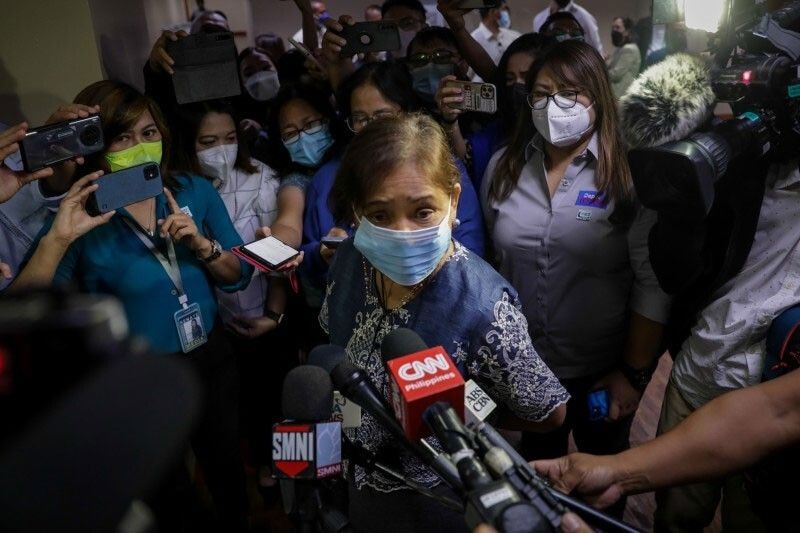Extended producer responsibility bill lapses into law

MANILA, Philippines — Sen. Cynthia Villar yesterday called on concerned sectors to help in the proper implementation of Republic Act 11898 or the Extended Producer’s Responsibility Act of 2022, which lapsed into law on July 22.
Villar, who chairs the Senate committee on environment and sponsor of the law, said there must be “strict implementation, monitoring and innovation” for the law to succeed.
“It’s a good start,” she said, referring to the law that mandates extended producer responsibility (EPR), an approach at waste reduction that lodges environmental responsibility with the producer throughout the lifecycle of a product.
She urged the public, especially the organizations fighting for better solid waste management, to see it as an opportunity.
The law introduces the concept of EPR and a circular economy and mandates the Department of Environment and Natural Resources to formulate a national framework on EPR for all types of waste.
It mandates targets on the recovery of plastic wastes initially and requires large enterprises or those above micro, small and medium enterprise levels to set up an EPR program within six months from effectivity of the act.
These programs are intended to achieve plastic neutrality through efficient management of plastic packaging waste, reduced production, importation supply or use of plastic packaging deemed low in reusability, retrievability or recyclability.
It sets rising targets for plastic recovery each year until 2028 when these enterprises are expected to achieve 80 percent neutrality.
It also activates the National Ecology Center, created under RA 9003 and mandates it to assess the volume of other generated wastes for inclusion in the EPR scheme.
“We had to limit the EPR to plastic packaging and to large enterprises for now, which could be viewed as compromises, to be sure. But then, it is important to note that the law also requires an EPR framework and an assessment of volumes of other generated wastes that will allow the expansion of the scheme to include wastes with the most problematic components or volumes,” she said.
The senator expressed confidence that a convergence of initiatives among these mandated large enterprises, medium and small-scale producers voluntarily joining the program and households and families who earnestly make an effort to reduce their waste will make a difference. – Janvic Mateo
- Latest
- Trending































